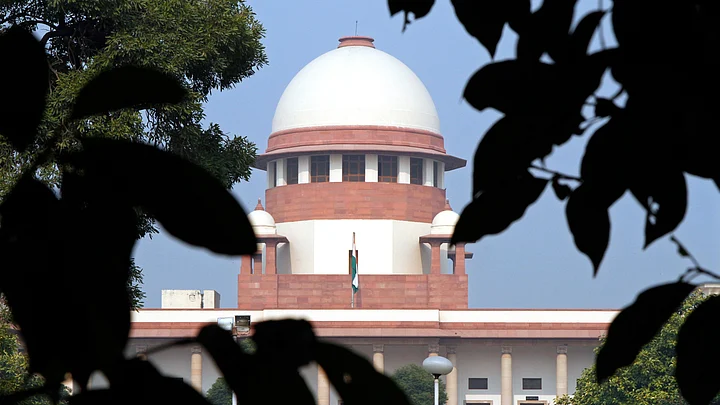The government has asked for the National Judicial Appointments Commission Act to be implemented immediately. What this means is that the ‘collegium’ system used to select judges to superior courts will now be replaced with a 6-member commission — NJAC.
The National Judicial Appointments Commission (NJAC) will comprise of the Chief Justice of India, two senior judges, the law minister and two eminent people. The last two will be nominated after discussions between the Chief Justice, Prime Minister and Leader of the Opposition.
NJAC supporters say it is a fair, broad-based system. It will remove the 20-year autonomy the judiciary enjoyed in senior appointments and balance it with more, say for the Executive. Detractors, many of whom are lawyers are of the opinion that it will erode the independence of the judiciary, the last bastion against political interference in public institutions.
Like our democratic government, NJAC is closely modelled on how courts in the United Kingdom function. The UK Judicial Appointments Commission is a public body chaired by a lay person though there are representatives from the judiciary on board. The commission selects the judges through an ‘open competition’ and is said to be more representative of all sections of modern society.
One criticism of the old judicial appointment system in the UK – which is why it was changed following legal reform in 2006 was that while meritocratic, it was an ‘old boy’s club’ where everyone knew each other.
In the US the system of appointment of judges is a complex one. For a start it depends on the kind of court: Federal or State. Federal Article I judges, typically for bankruptcy, tax and military courts are appointed by Congress for a period of 10 years. Federal Article III judges are nominated by the US President, confirmed by Congress and are for life.
The process of appointing State Court judges varies from state to state. It is a combination of partisan and non-partisan elections, direct appointment by the state Governor or legislature or an appointment based on merit and past performance. Unlike the UK (or India) the appointment process is accompanied by hectic lobbying and fanfare almost at par with the US Presidential election process.
Rather than the process – collegial or commission – the quality of applicants making the cut to some of the most powerful public offices of the country deserves emphasis.
In the UK, five core qualities are looked at while selecting judges: intellectual capacity, ability to understand and deal fairly; authority and communication skills, efficiency and last but definitely not least, personal qualities like integrity, independence, judgement, decisiveness and objectivity.
Whichever side of the ongoing debate you sit on, there can be no doubt that these qualities should be emulated by every judge.
-------------------------------------------------------------------------------------------------------
Related Links
Govt Notifies NJAC Two Days Before SC Bench Hears Petitions
SC Judge Recuses From Hearing Pleas Challenging NJAC Act
SC to Make Crucial Decision in Judicial Appointments Row Today
(At The Quint, we question everything. Play an active role in shaping our journalism by becoming a member today.)
